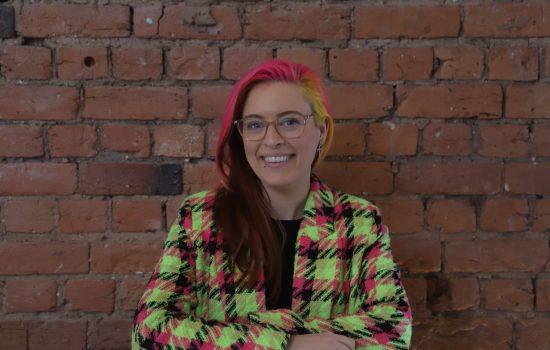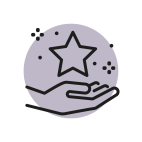

Job Title: Stakeholder Engagement Manager
Company: Encirc
What is your background, and how did you come to be in your present role? I actually came into my current role by accident! My background was in youth travel, where I spent years selling meaningful travel programmes and later moved into internal communications and branding within the same business. After becoming a mum, international…
This content is for subscribers only. Subscribe now for free to read the full article.
Already a subscriber? Login
